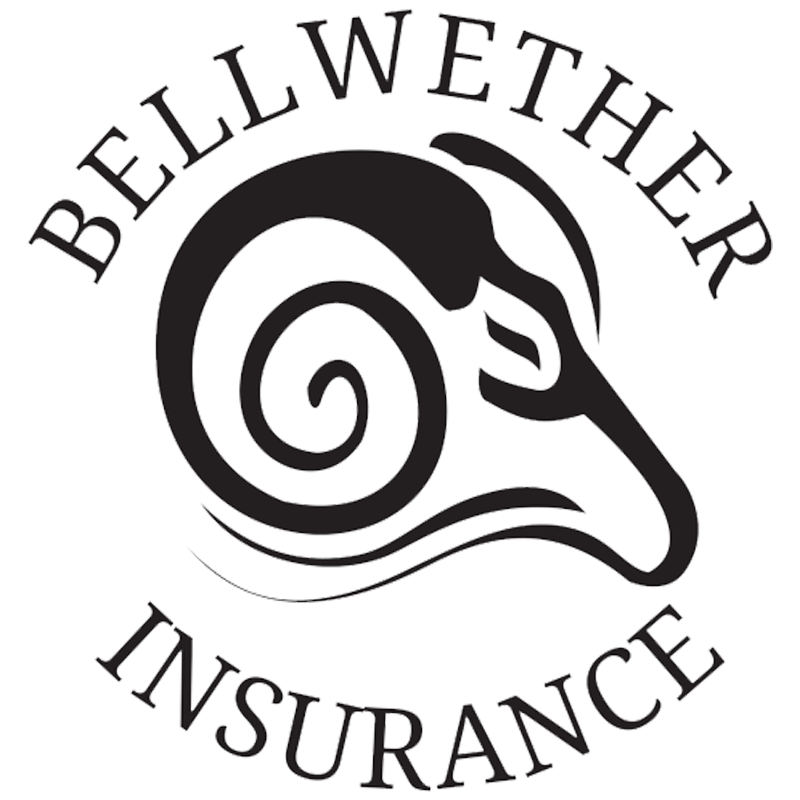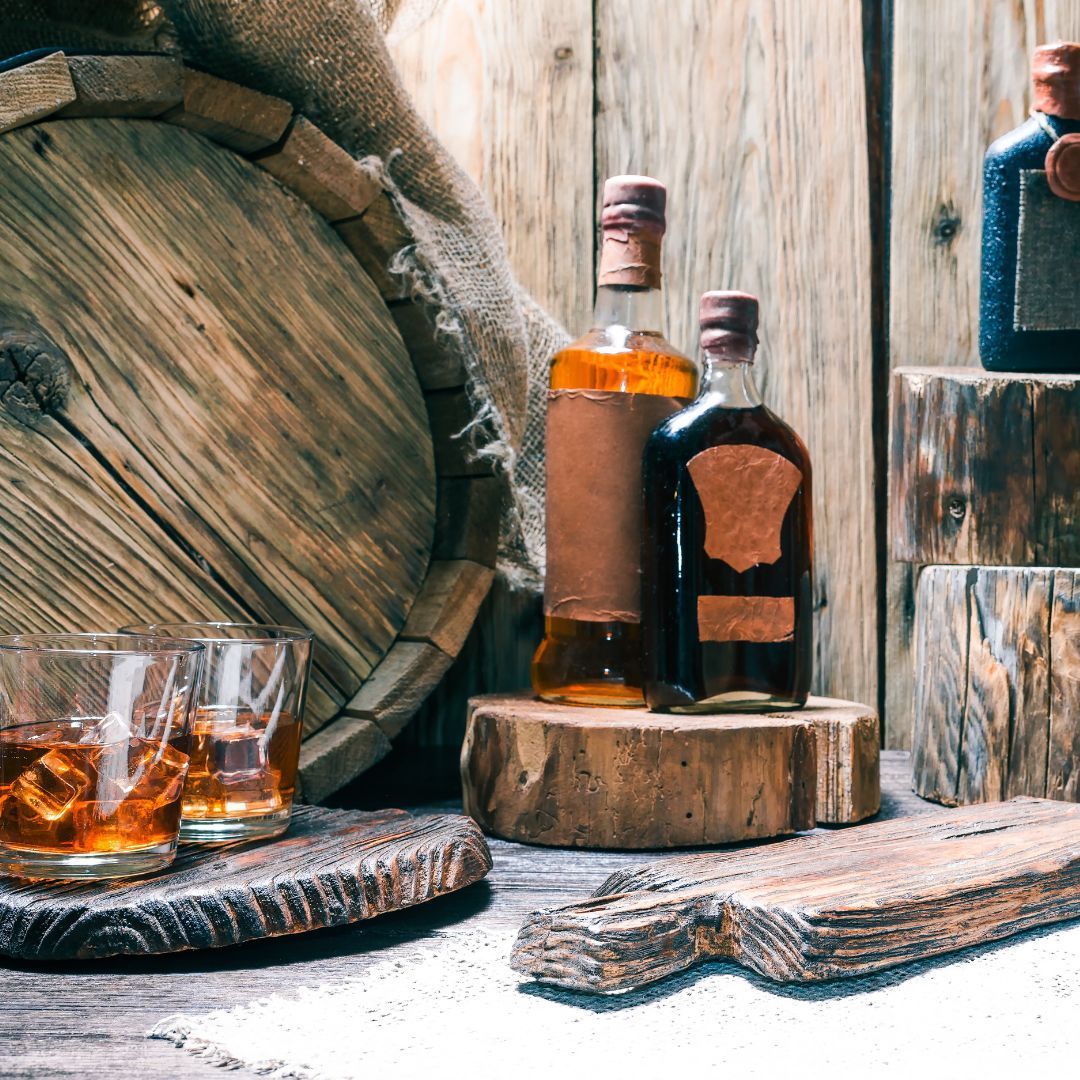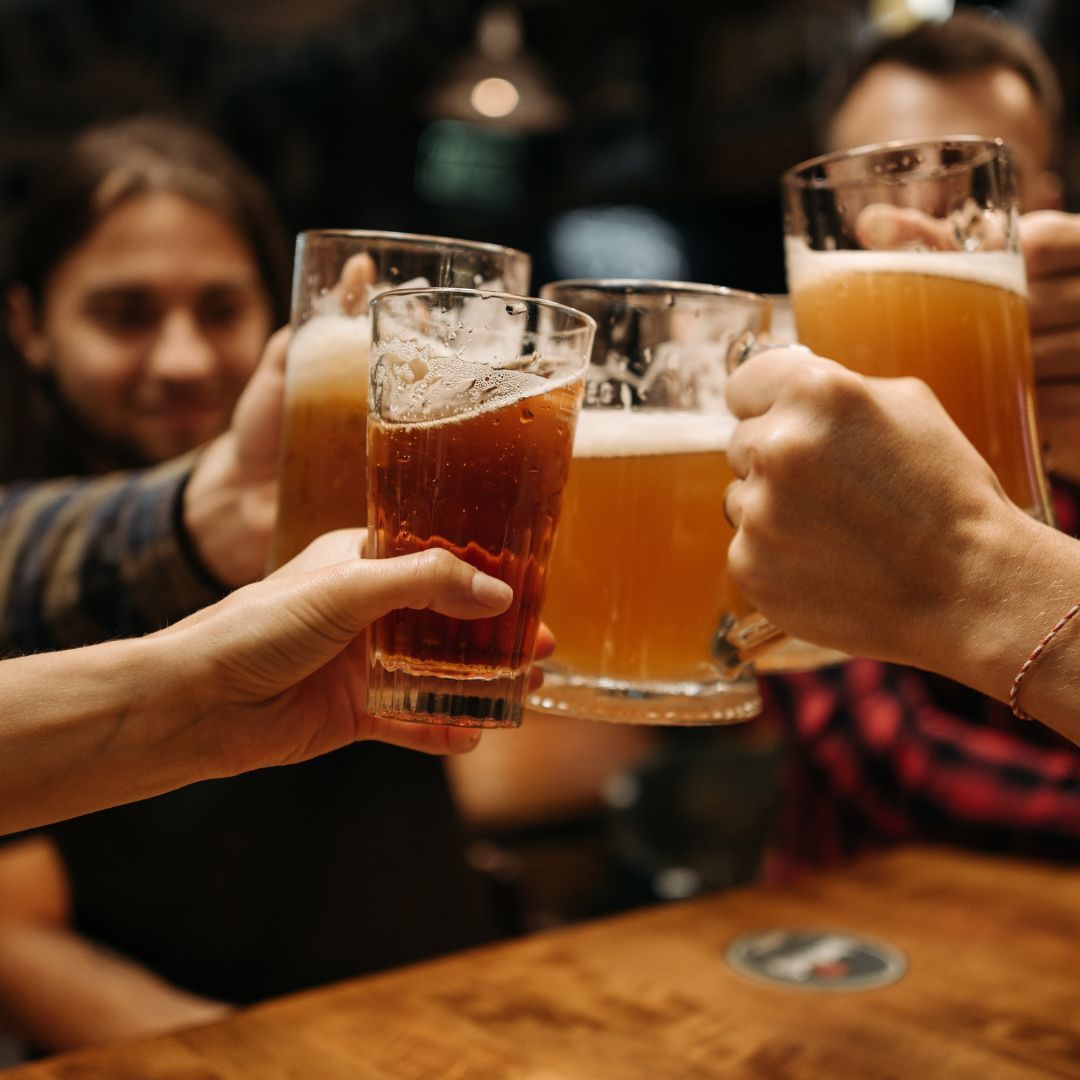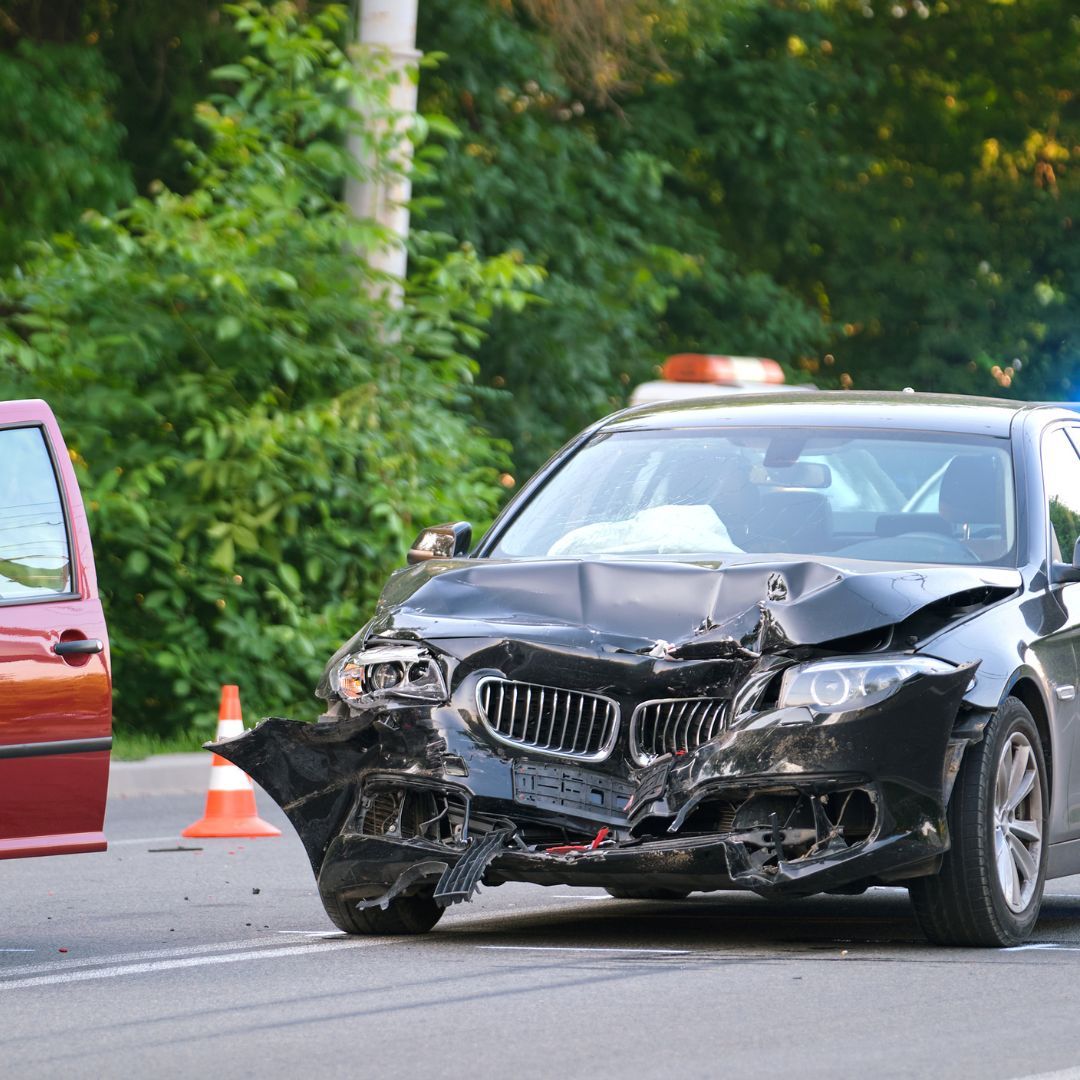How to Apply for a Liquor License in Ohio: A Step-by-Step Guide for Bar Owners
See How We're Different
or call us: 216-600-2828
Opening a bar in Ohio can be an exciting venture, but it comes with its own set of legal requirements, one of the most critical being obtaining a liquor license. A liquor license is essential for any establishment that plans to sell alcoholic beverages. Navigating the application process can be daunting, but with the right guidance, it becomes manageable. This comprehensive guide will walk you through each step of applying for a liquor license in Ohio, ensuring you understand the requirements and procedures involved.
Understanding the Types of Liquor Licenses in Ohio
Before diving into the application process, it's crucial to understand the different types of liquor licenses available in Ohio. The state offers various licenses depending on the nature of your business and the type of alcohol you intend to sell. These licenses are categorized primarily into permits for beer, wine, and spirits, each with its own set of regulations.
For bar owners, the most common licenses include the D-class permits. The D-1 permit allows for the sale of beer only for on-premises consumption or in sealed containers for carryout. The D-2 permit covers wine and mixed beverages, while the D-3 permit includes spirituous liquor for on-premises consumption. Understanding these distinctions is vital as it will determine the specific requirements and fees associated with your application.
Additionally, Ohio offers temporary permits for events and special occasions, which might be relevant if you plan to host special events at your bar. Knowing which license suits your business model will streamline the application process and ensure compliance with state laws.
Step-by-Step Guide to Applying for a Liquor License
Step 1: Determine Your Eligibility
The first step in applying for a liquor license in Ohio is determining your eligibility. The Ohio Division of Liquor Control (ODLC) has specific criteria that applicants must meet. You must be at least 21 years old and a U.S. citizen or legal resident. Additionally, you must not have any felony convictions related to alcohol or controlled substances.
It's also important to ensure that your business location complies with zoning laws. Certain areas may have restrictions on alcohol sales, and it's crucial to verify that your intended location is suitable for a bar. Consulting with local zoning authorities can provide clarity on any potential restrictions.
Step 2: Choose the Right License Type
Once you've confirmed your eligibility, the next step is to choose the appropriate license type for your bar. As previously mentioned, Ohio offers various D-class permits, each catering to different types of alcohol sales. Consider the nature of your business and the type of beverages you plan to offer before selecting a license.
It's advisable to consult with a legal expert or a consultant specializing in liquor licenses to ensure you choose the correct permit. This can prevent costly mistakes and delays in the application process.
Step 3: Gather Required Documentation
Applying for a liquor license requires a substantial amount of documentation. You'll need to provide proof of identity, business registration documents, and details about your business premises. Additionally, financial statements and a background check may be required to assess your suitability as a license holder.
Ensure that all documents are up-to-date and accurately reflect your business operations. Any discrepancies or missing information can lead to delays or even rejection of your application. It's beneficial to create a checklist of required documents to keep track of your progress.
Step 4: Submit Your Application
With all the necessary documentation in hand, you can proceed to submit your application to the Ohio Division of Liquor Control. The application process can be completed online or via mail, depending on your preference. Ensure that you fill out all sections of the application form accurately and completely.
There is an application fee associated with obtaining a liquor license, which varies depending on the type of license you are applying for. Be prepared to pay this fee at the time of submission. Once submitted, your application will undergo a thorough review process by the ODLC.
Step 5: Await Approval and Inspection
After submitting your application, the ODLC will review your documents and conduct a background check. This process can take several weeks, so patience is essential. During this time, you may be contacted for additional information or clarification on certain aspects of your application.
Once your application is approved, an inspection of your premises will be conducted to ensure compliance with state regulations. This inspection is a critical step in the process, and it's important to ensure that your bar meets all health and safety standards before the inspection date.
Additional Considerations for Bar Owners
Understanding Local Regulations
In addition to state requirements, bar owners must also comply with local regulations. These can include specific zoning laws, noise ordinances, and operational hours. It's essential to familiarize yourself with these local rules to avoid any legal issues down the line.
Engaging with local business associations or chambers of commerce can provide valuable insights into the local business environment and help you stay informed about any changes in regulations that may affect your bar.
Renewing and Maintaining Your License
Once you have obtained your liquor license, it's important to understand the renewal process. Liquor licenses in Ohio are typically valid for one year and must be renewed annually. Failing to renew your license on time can result in penalties or even the suspension of your license.
Maintaining compliance with all state and local regulations is crucial for the continued operation of your bar. Regularly reviewing your business practices and ensuring that all staff are trained in responsible alcohol service can help prevent violations and maintain a good standing with the ODLC.
Seeking Professional Assistance
The process of applying for a liquor license can be complex, and seeking professional assistance can be beneficial. Legal experts and consultants specializing in liquor licensing can provide guidance and support throughout the application process, ensuring that all requirements are met and reducing the likelihood of errors.
Additionally, these professionals can offer valuable advice on best practices for managing your bar and maintaining compliance with all relevant regulations, helping you to focus on running a successful business.
Conclusion
Obtaining a liquor license in Ohio is a crucial step for any bar owner, and understanding the process is key to ensuring a smooth application. By following the outlined steps and considering additional factors such as local regulations and professional assistance, you can successfully navigate the complexities of the licensing process. With the right preparation and knowledge, you can secure your liquor license and focus on creating a thriving bar that serves the community responsibly.












